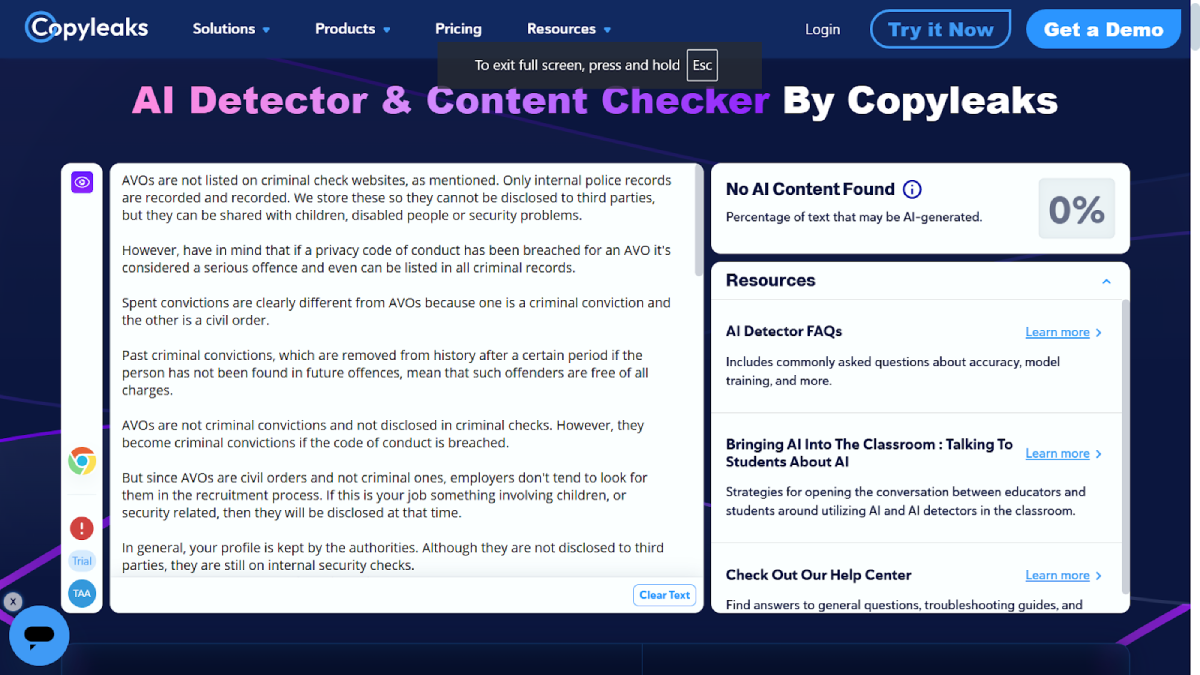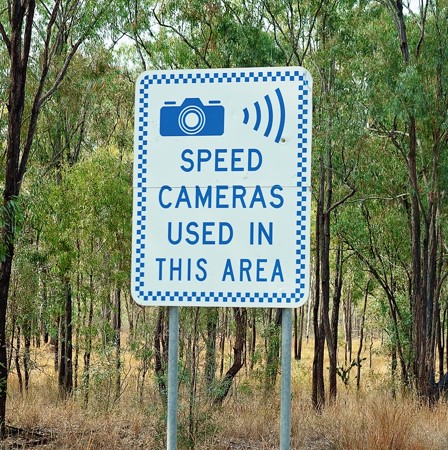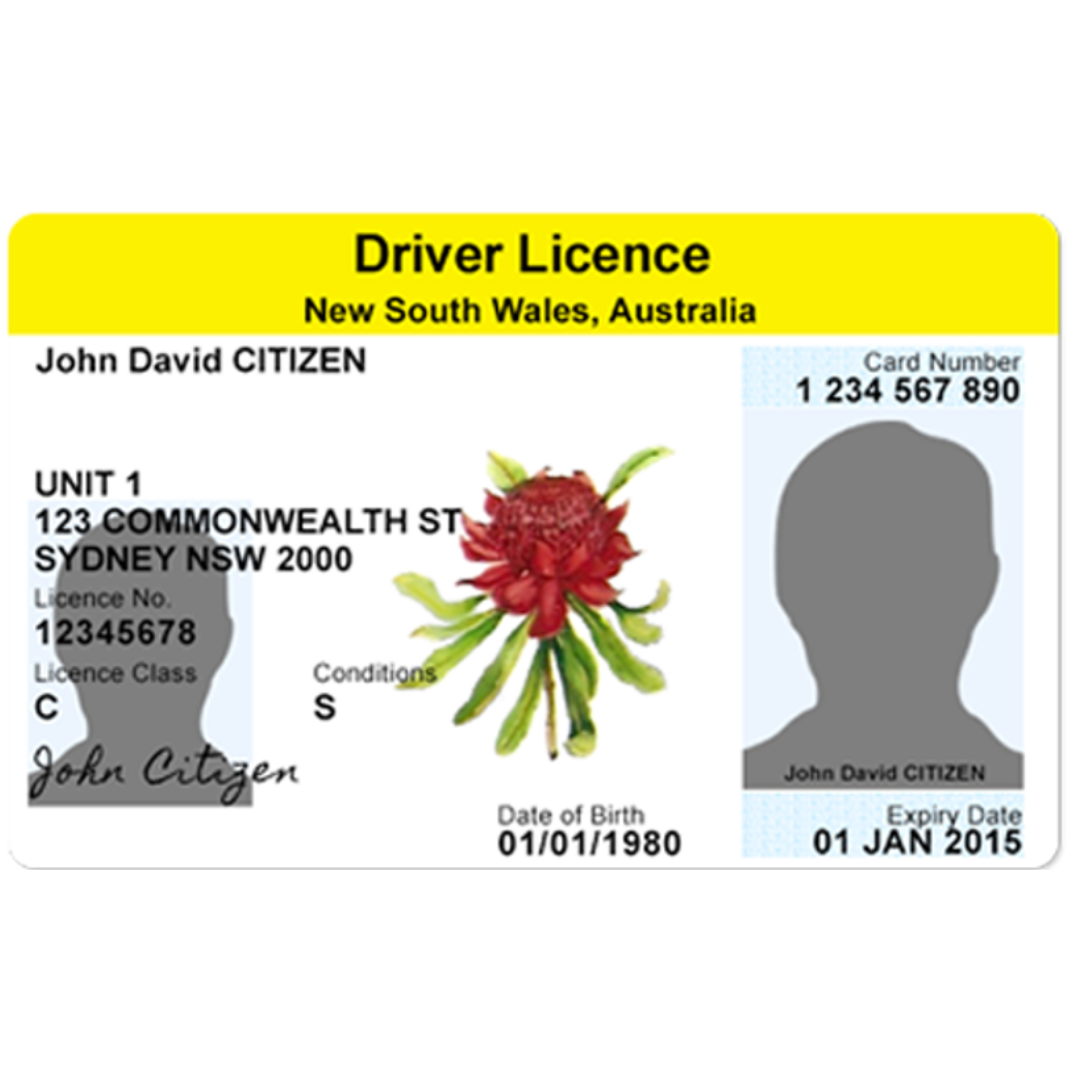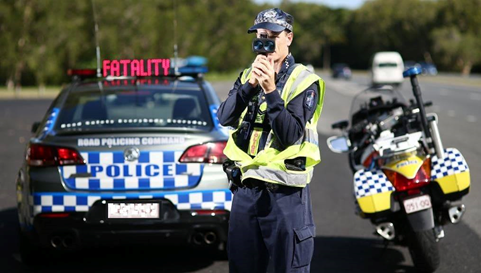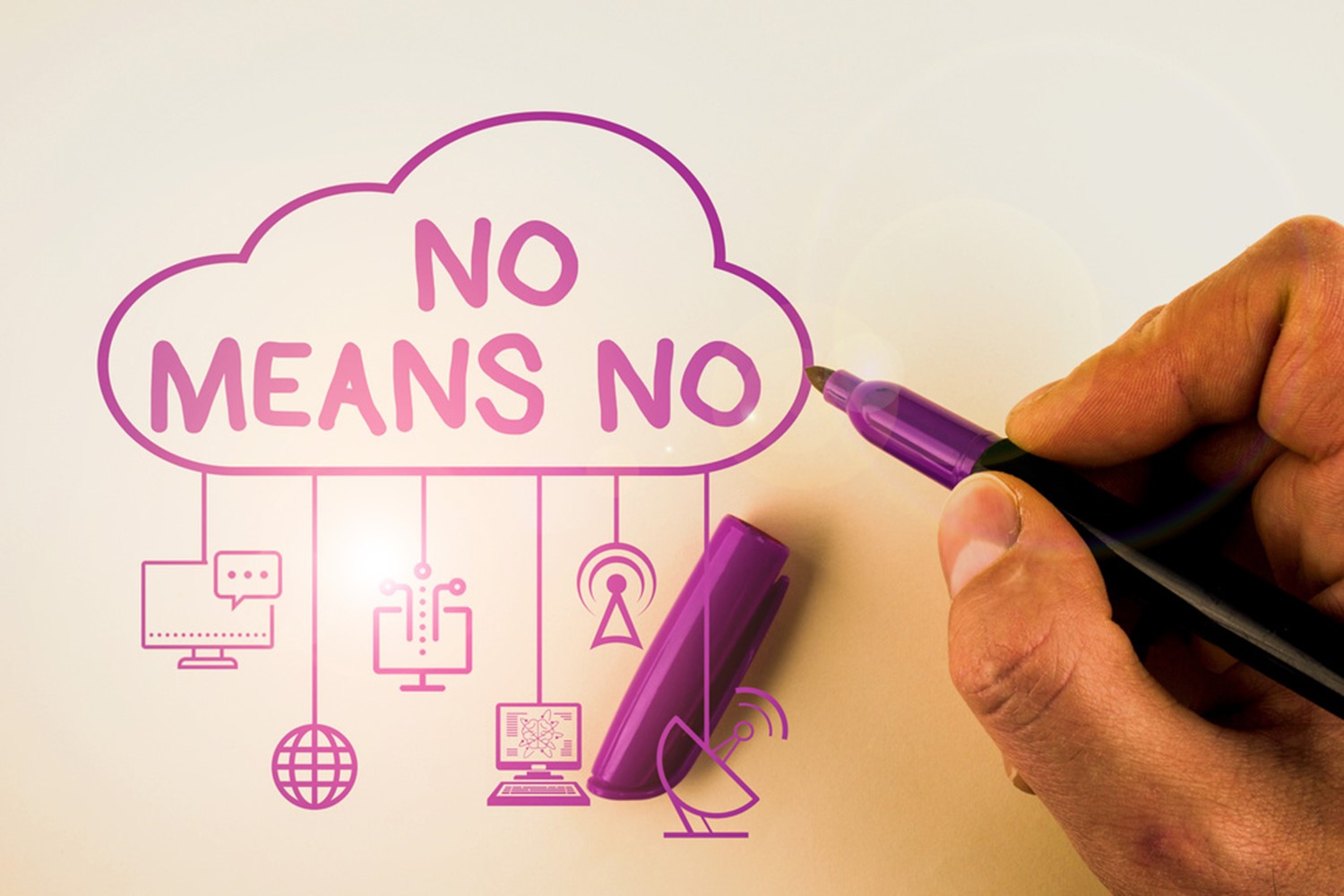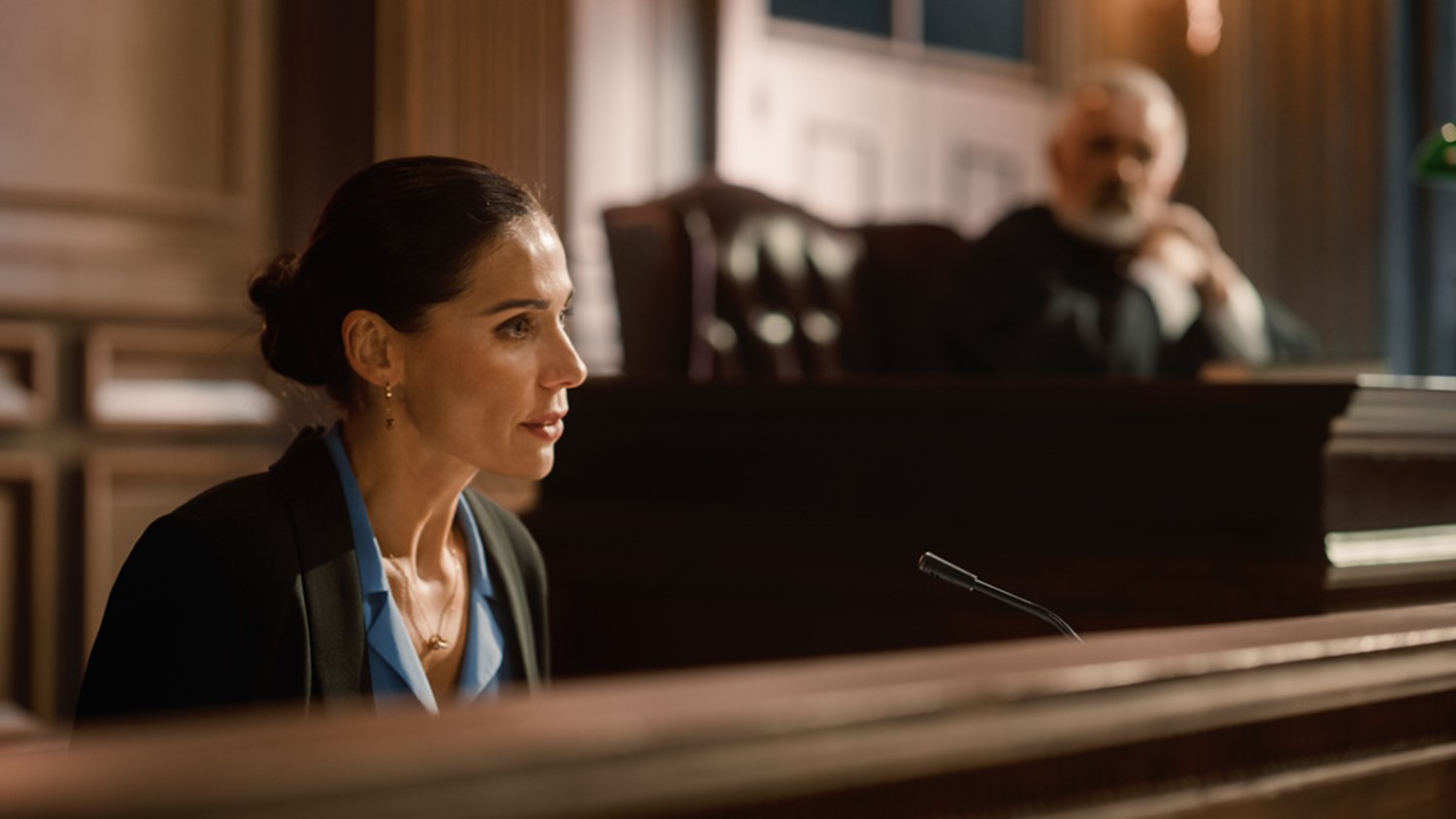Key Takeaways
- Australian Policy Laws strictly govern AVO information.
- AVOs are only available to the concerned parties and any other legal representatives.
- Without a court order or the victim’s consent, a third party can not access AVO.
- Until such legislation as the 'Right to Ask' scheme comes into force, disclosing AVO information is strictly prohibited.
- Breaking the legal court laws can have serious consequences and criminal charges.
- Legal representatives can fight in court for AVOs charged with false allegations.
Table of Contents
How To Find Out If Someone Has An AVO NSW?
You can’t find that information out directly unless you are the person named in the order or their legal representative. This information is secret due to Australia’s strict policy laws and only available to those people in control.
Parties are served and have orders explained; police retain records for 10+ years. The Act does not create public access; third-party access is tightly restricted.
Australia’s privacy laws limits does not allow the AVO to be released to anyone unconnected with the parties or their legal representatives, apart from relevant authorities. Without the consent of the person named in the order, or the permission of a legitimate court, nobody else can touch it.
Moreover, NSW orders are ADVOs and APVOs. In urgent situations, police can seek provisional orders and must apply in certain circumstances. In low risk conditions, personal AVOs known as private applications may be more suitable. For these there is also a scenario in which the individuals can directly appeal to the local court.
However, in the case of AVOs issued by police, they are only applicable in cases of emergency or a high degree of risk. These are released by the police on behalf of the directly involved person before a court hearing, and these are usually processed immediately.
In case of applying for a personal AVO, here are the steps you can take to access AVO information:
- For a professional or the person involved directly in the case, you can speak to the NSW Police or the court regarding the details.
- An employer cannot view the AVO without the authorised court order.
How To Request AVO Information From NSW Police
Well, only victims, legal representatives and law enforcement have the entitlement to an AVO. Therefore, even if you are a protected person or a relevant authority, some sensitive information is restricted there as well. Such information can be restricted in order to prevent compromising the investigation or identifying the witnesses.
In addition, if you are the party listed on the order, and you would like to access AVO, then here is how it works with the required documents and fees:
- To begin with, complete a GIPA access via the NSW police force community portal by simply applying online.
- And after applying, send a biodata using a driver’s license, passport or a verified document containing only your biodata to prove your identity.
- If the authority can be verified, submit the written authority and pay the non refundable fee of $30. In the case that your request incorporates some third party info, there will be an extra $30 per hour charge.
Need Clarity on AVO Access?
Our team provides legal assistance to help you understand your rights and guide you through proper legal methods so that you can handle sensitive information appropriately.
Get Free Expert Legal Advice
Can You Check If Someone Has An AVO Online?
You generally are not able to see someone’s AVO online. It is against Australian policy and law. But, in some ways, some particular Australian States such as in NSW, their records are loaded into their registry in a manner which is completely private and only those who have interest may have access to those records
A public disclosure of the AVO information is very risky in terms of safety and could also cause harassment. So, observing AVO status without engagement and a party being directly involved with AVO status may result in legal consequences. Nevertheless, if you have permission or consent, you may request access.
Therefore, accessing AVOs without permission does breach privacy codes and convictions can be made for it.

Can You Find Out If Someone Has An AVO Through Court Records?
Unless you are directly involved in the case, you cannot access AVO information. It is prohibited by Australian privacy laws.
However, court listings and information for most local or district-based courts in NSW are accessible online. You can search it by case reference numbers. You can request access to court transcripts that can have significant importance.
You can do this through the online registry or by submitting an order form. Usually, you need to verify your identity for legal purposes and pay a fee.
There are some cases that are not accessible to the public, especially those involving minors or domestic violence. The court rulesc and specific legislation ensure the privacy and safety of those involved. Therefore, even if a case is publicly listed, third parties cannot have access to AVO information.
If you are a victim or a legal representative of the protected person, you can easily access the records by requesting them from the court registry after verifying your identity.
However, if you are the dependent who has been charged with false allegations, with the help of a legal advisor and a proper strategy, your case can be dismissed.
A proper strategy includes:
- Firstly, it pinpoints the evidence area. Collect all the proofs and recorded witness statements.
- After gathering evidence, appeal to the court to dismiss the AVO.
- Lastly, dealing with the police or the concerned party so that they withdraw their application.
Parties may seek variation/revocation or defend an application per the Act.
Concerned About Privacy and AVOs?
The process of handling AVO privacy matters is difficult to understand. Therefore, we provide specialised guidance to help you manage sensitive information correctly.
Speak to an Expert
Are AVOs Publicly Listed In NSW?
If you refer directly to AVOs, they are not publicly listed in NSW. However, court listings and transcriptions are publicly listed and can be accessed. But, specific information about whether a particular person has an AVO is prohibited from the general public.
AVO records fall under NSW police jurisdiction, so they are not publicly listed. The National Archives of Australia and state-level agencies hold official government documents and records. These can be accessed through online platforms like RecordSearch or the Common Court Portal.
However, some significant documents can only be accessed physically. You can notify them beforehand and then visit their reading rooms to access the information.
Why Some AVOs Are Not Publicly Accessible?
AVO consists of confidential information, which is restricted to police investigations. The importance of AVOs is determined by two factors:
- Privacy laws
- Case sensitivity
Additionally, Australian privacy protection laws strictly prohibit sharing the personal details of both parties involved.
Who Can Legally Access AVO Information?
In NSW, access to sensitive information like AVOs is restricted to third parties. Primarily, affected parties, including the alleged victim or protected person and the defendant, have direct access.
Legal representatives, such as advocates, can access AVO because they need to prepare a strategy that is in the interest of their client.
Additionally, law authorities can also access AVOs, even before court hearings, as they need the information for investigation.
Questions About AVOs? Let Us Answer Them
We will provide you with complete assistance regarding the AVO records and legal channels so that you can navigate the entire process confidently.
Contact Us Today
How Do AVO Records Work In NSW?
Police must retain an AVO record for at least 10 years after it ceases.
However, if no specific time frame is mentioned by the court, the record remains active for one year. After that, the records are updated, but they remain accessible to the police for future reference.
These records are considered highly confidential. Employers or third parties cannot access them without the consent or legal authorisation from the court.
However, if the case involves a minor or family law proceedings, certain government agencies are permitted to access AVO information.
Can You Find Out About An AVO If You Are Not Involved In The Case?
No, you can not access without a court order in general. However, in the future, you might be allowed to access in case of domestic violence charges through legislation, “Right to Ask Scheme”.
During minor and family cases, officials have the authority to access AVOs. Police or relevant authorities always have access to AVOs for investigations and can disclose them for public safety reasons.
Additionally, employers dealing with vulnerable elderly or disabled individuals can request access to an AVO in specific cases.

Does An AVO Show On A National Police Check?
Since AVO does not fall under criminal offences, it is not listed on any national police check or criminal history check.
Exception to AVO, National Coordinated Criminal History Check, which is a national database, discloses several other kinds of information, such as;
- Proven court charges.
- Current investigations.
- Conviction and non-conviction record.
- Type and amount of penalty.
AVOs are not listed on criminal check websites, as mentioned. Only internal police records are recorded and recorded. We store these so they cannot be disclosed to third parties, but they can be shared with children, disabled people or security problems.
An AVO is a civil order, but breaching it is a criminal offence (penalties apply). Claims about national police checks or ‘privacy code’ consequences are unsupported here
Spent convictions are clearly different from AVOs because one is a criminal conviction and the other is a civil order. Past criminal convictions, which are removed from history after a certain period if the person has not been found in future offences, mean that such offenders are free of all charges.
AVOs are not criminal convictions and are not disclosed in criminal checks. However, they become criminal convictions if the code of conduct is breached.
However, since AVOs are civil orders and not criminal ones, employers don’t tend to look for them in the recruitment process. If this is your job, something involving children, or security-related, then they will be disclosed at that time.
In general, your profile is kept by the authorities. Although they are not disclosed to third parties, they are still subject to internal security checks.
Does An AVO Show On Working With Children Check?
Your AVO record is on the Working With Children Check (WWCC) and can affect your recruitment process, particularly for child-related employment.
It raises a few concerns if your role deals with minors or children. You may be excluded from AVOs because generally AVOs are caused by violence, harassment or harm to someone involved. Until the matter is resolved, you are not politically acceptable for such jobs.
This is especially so since it isn’t a criminal charge, meaning it’s temporary. However, if privacy laws are breached, it can result in a permanent ban from any role.
Police checks do not cover a wider range of security checks than WWCCs. WWCCs, however, check everything—including AVOs and all other factors relevant to the child-related job. Police checks involve checking past criminal records and current penalties.
Here are some precautionary measures to minimise recruitment issues:
- Get legal advice that gives you an understanding of exactly what your rights are when talking about an AVO.
- Get all character supporting documents and recommendation letters from previous employers.
- Act according to all terms and stay out of any misconduct that might break.
Alternatively, you can appeal the WWCC bar to revoke your AVO under 28 days before it becomes an obstacle in your employment process.
However, even with a temporary ban, it is bound to cause serious damage to your career. Therefore, move through legal channels to avoid doing something wrong on time.
How Can An AVO Affect Your Employment?
The impact on employment in NSW will vary according to the type of job you have, workplace requirements and the Fair Work Act of Australia.
This can become of importance if you are in a job, in which it can present children, disabled or elderly very vulnerable people, or in such as law enforcement or the authorities of legality. It also has a bearing on firearm licenses as well as healthcare professionals.
Although AVOs do not appear on criminal background checks, employers must take into account AVOs in fair work practices for the hiring of AVOs. Like with AVO context, individuals should be allowed to explain, and the sphere should be taken care of accordingly.
As stipulated under the Fair Work Act 2009, employees are protected from unfair treatment and discrimination in the workplace, including protection from adverse action such as dismissal or detrimental changes to their employment for prohibited reasons.
In the workplace, then, employees have the right to work free from unlawful discrimination, and employers must not treat employees less favourably based on protected attributes, unless a lawful exception applies (such as when the inherent requirements of the job are affected).
If your AVO significantly impacts your job, consider figuring out what the best strategy is for you. It starts with consulting someone for advice on the matters in question, then presenting the settings surrounding the AVO situation to recruiters. Secondly, try to take a little break to work with officials on exploring alternative professional opportunities.


